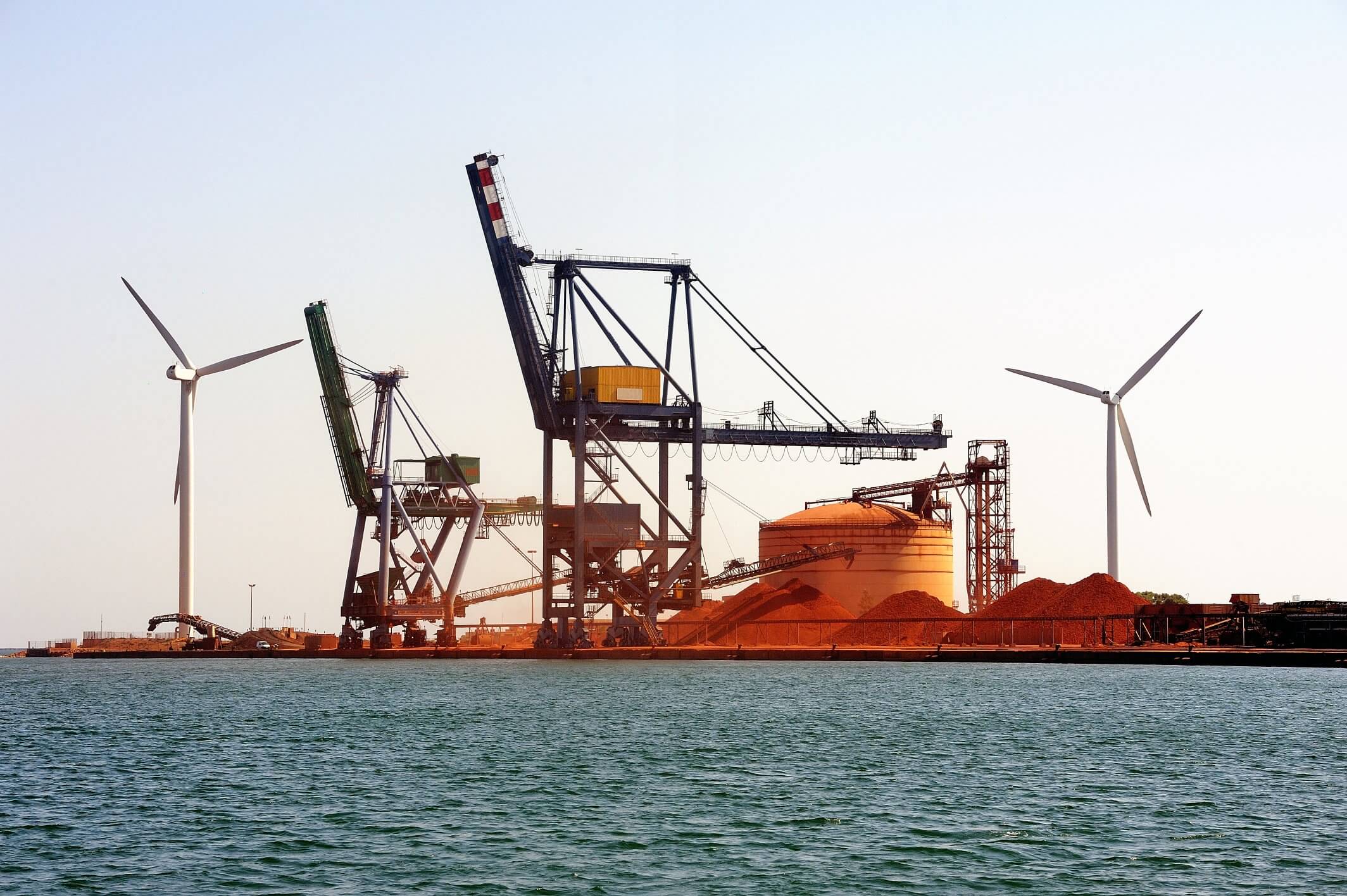Supply Chain Sustainability
Sustainability of Australia's supply chain depends on making transformative investments and implementing proactive solutions

Sustainability
Supply chain sustainability hinges on transformative investments and proactive solutions.
It encompasses achieving a ‘green’ supply chain, transitioning to renewable energy, and implementing effective regulations such as land use and modal shift policies.
Holistic planning and systemic approaches are essential, challenging assumptions and promoting change management. Balancing business objectives with environmental preservation, especially for SMEs, is critical.
Governments must prioritise sustainability initiatives, fostering collaboration for joint investments and policy development to drive paradigm shifts in freight transport and distribution towards sustainability.
Skills & Labour: challenges and opportunities
- Nationwide expansion of the Wayfinder Supply Chain Careers for Women program to enhance diversity and workforce in Australia's supply chain
- Developing a training framework to ensure it is ‘fit-for-purpose’ to the sector
- Identifying the skills for the future of the sector – across technology, data, management, warehousing, signalling, mechanical, future fuels, locomotive and more
- Reform the immigration system to reflect industry need across skilled and semi-skilled areas of demand
The road to net zero
- Work with Expert Networks to demonstrate the benefits of domestic renewable diesel initiatives, research fire safety for EV trucks, optimise charging station locations, and develop unified pricing mechanism for road maintenance
- Test, trial and invest in refuelling infrastructure for zero-emissions vehicles, to encourage uptake in the freight and logistics sector.
- Support Australian businesses to transition to clean energy, with on-site recharging facilities in freight and logistics hubs, such as warehouses and distribution centres
- Invest in ‘corridor’ approaches to rollout low emissions refuelling infrastructure across major freight routes, for heavy vehicles
The circular economy and fuel security
- Developing and implementing a strategic plan for protecting critical supply chains during oil supply chain volatility
- Increase the use of recycled materials in the construction of freight and logistics infrastructure
- More research and development of sustainable freight enables such as tyres, pallets and electronics